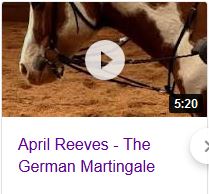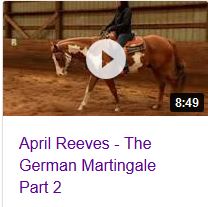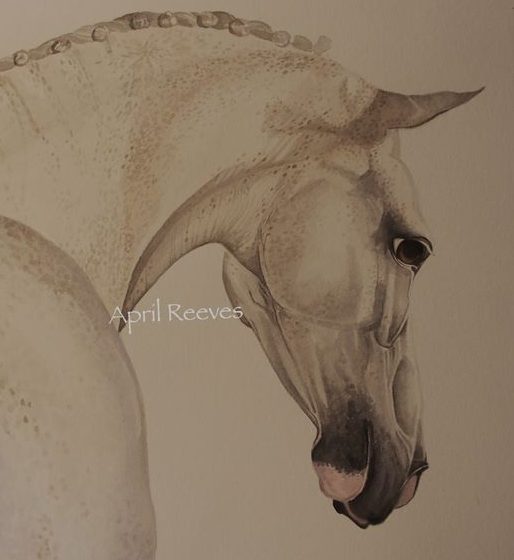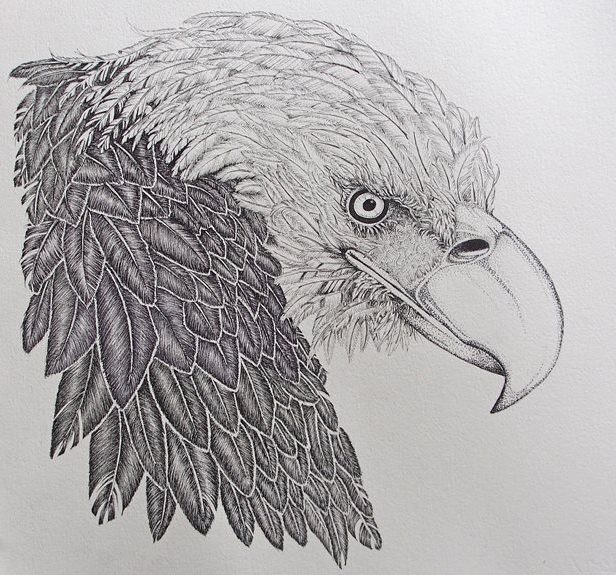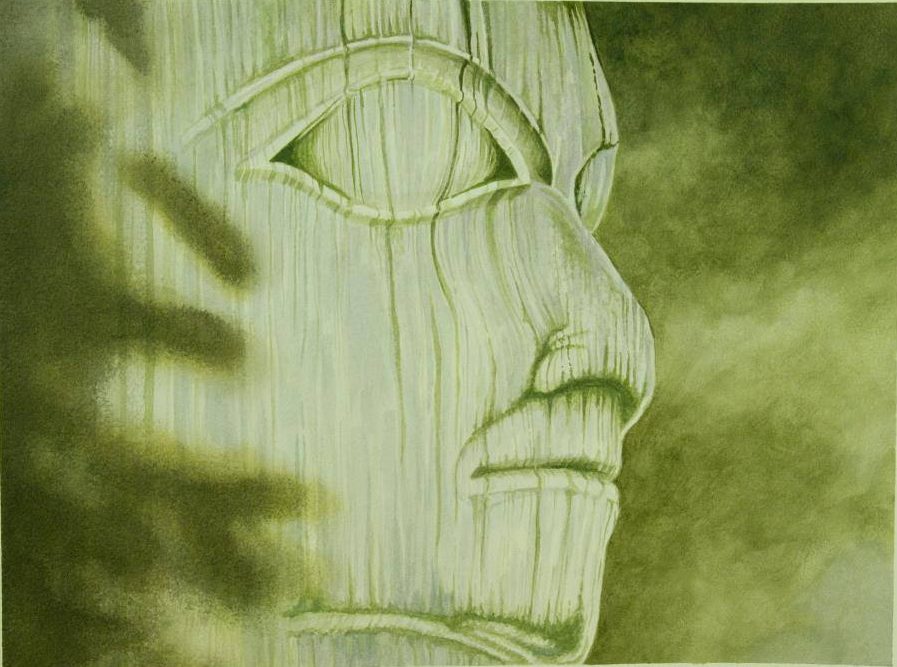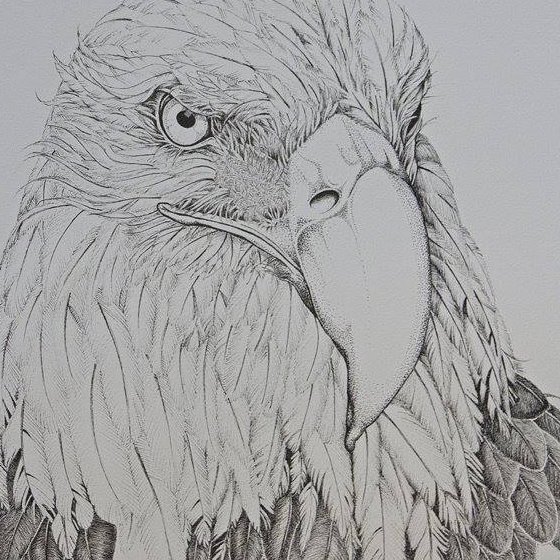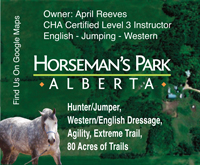I was asked to help rescue a horse and her foal yesterday. I don’t usually do this as I hate having to fix my trailer afterward, but something compelled me to do this one.
We drove to this large farm and a rolling field with 11 mares: most with foals and back in foal. The stallion ran wild with them: a no-so-great quarter horse with a nasty chunk of hide off his back leg (exposed and proud fleshed) with nice side profile but on the weedy side. No papers (as usual) and breeding mares of almost every breed other than quarter horse.
Also, as usual, a group of drug addicted men were there to shout and scream to get the horses to “obey”. This is why I don’t usually do this: just want to tie them all up and duct tape their mouths. I soon discovered, all the horses were completely wild: I don’t imagine many of them had been handled in over a decade, and most never touched by a human at all. Their feet were unbelievable.
My friend was after an Arabian cross mare and her colt. After a closer look, once we “softly” moved them into a smaller corral, I noticed the Arabian cross was broken down in the back pastern area, and my friend wanted her to pleasure ride into the hills for several days. Not a good choice.
There were 2 big mares: dark bays with 4 white legs. One had foaled that previous night, and her placenta was not fully discarded. The owners of these horses (son of the father) didn’t seem to understand the consequences of this. I suggested to my friend to get to like bays really quick, because the one mare not yet foaled was stunning. It was later revealed she was half hackney.
We tried to connect with the Arabian cross: this mare and colt were completely wild, and any movement too fast would have sent her over a fence. Since we had to use a chute to move them into the trailer, I didn’t want any part of this, so we abandoned this mare. My friend decided to work with the hackney mare and her unborn foal. She was lovely: ate a few apples from our hands and softly moved towards the trailer and hopped on.
It’s a sign: this mare was meant to be. She free hauled home with no sweating or screaming. I have always said: the right thing is often the easiest. We are not meant to struggle: it’s the Universe’s way of saying we are on the right path. I use this motto in all my training as well.
Today though, I am paying the price of horse rescue: my heart can’t handle this well. As I write this, the other mares and their babies are going to slaughter in a huge truck to Saskatchewan. The bigger hackney mom will likely not survive the trip: her placenta will infect and eventually kill her, and it’s quick. Her newborn will not survive the trip. The other new foals will be crushed in travel.
Why do we do this to horses? Why do we neglect and treat them this way? These are questions I will likely never answer: I often lose faith in mankind. The two words: man and kind do not always blend well on this planet.
When you receive this post in your email, those horses will have their fates sealed. Take a moment in silence and say goodbye. One of them is alive and well, and galloping with 2 other very special mares. She was worth rescuing.
I would do it again.






